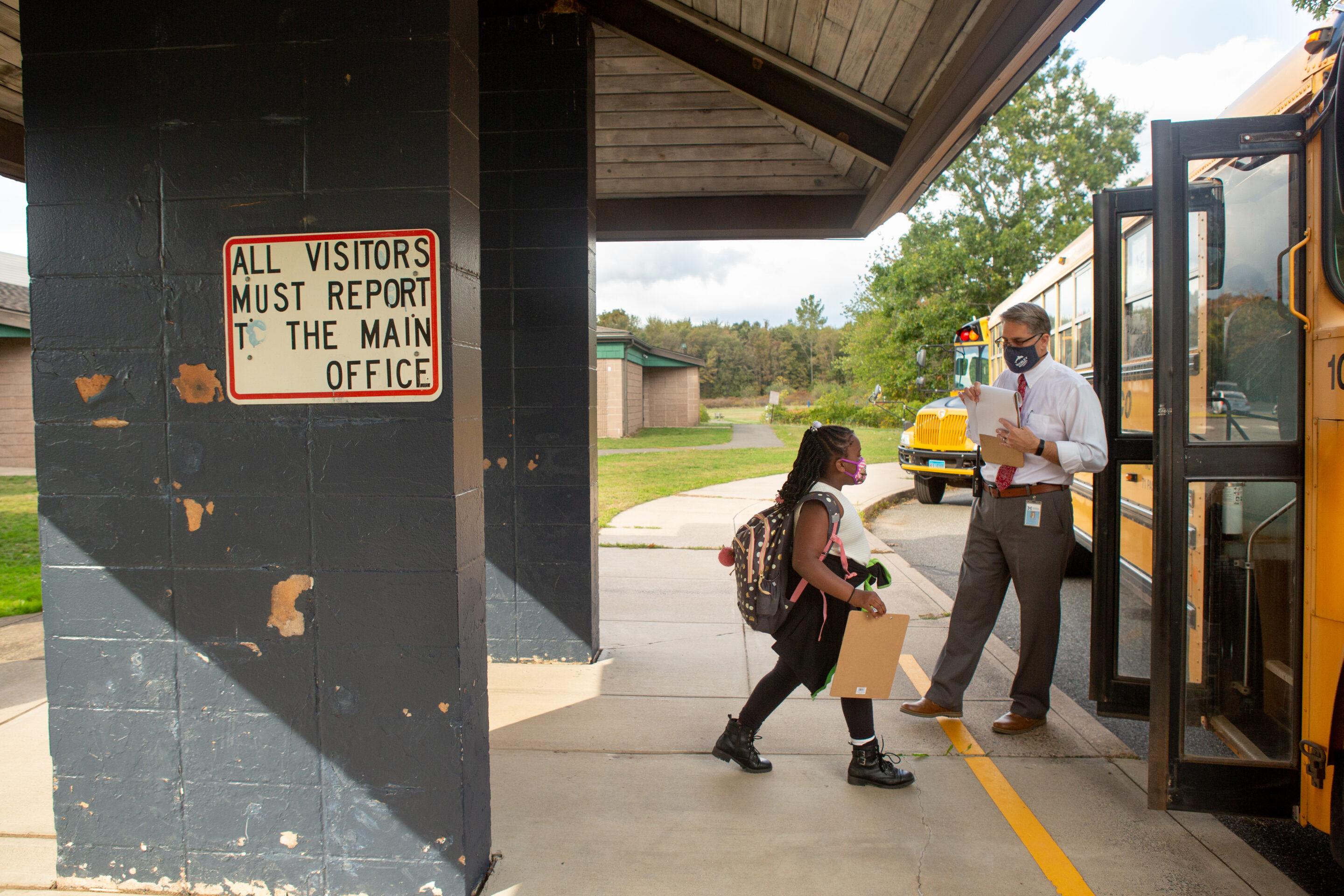Since the beginning of the Covid-19 pandemic, Americans have developed diverse opinions on the validity and safety of school reopening. Despite this, little research has been aimed at why individuals hold their preferences.
In a new working paper from the Annenberg Institute at Brown University, Jonathan E. Collins, also from Brown, finds evidence that trust in information from authorities and ideological and racial identifications best explain preferences for reopening, not individual experiences with Covid.
Collins conducted two surveys, the first in August 2020 when the future of school reopening was uncertain, and the second in January 2021 when reopening was being widely discussed. Both surveys measured support for reopening and willingness to comply with government guidelines for reopening.
In August 2020, Collins found that individuals who trusted the CDC were less likely to support reopening, and those who trusted President Trump were more likely to support reopening. In January 2021, however, trust in the CDC became unrelated to reopening preferences while trust in information from news sources, especially among conservatives, became the strongest predictor for wanting schools to reopen. Trust in the president remains consistent across both surveys—respondents who trusted President Biden in January 2021 were more likely to support reopening.
These results show that the public divide on school reopening is largely attributed to one’s ideological beliefs and trust in authorities. As the school reopening debate continues, these results can be useful for understanding people’s points of view.
-Nathan Kriha
